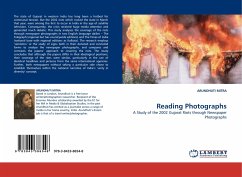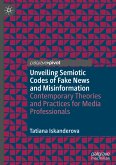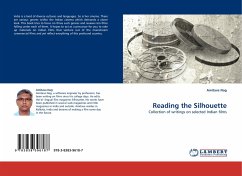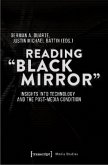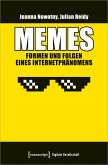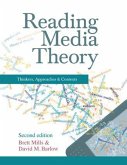The state of Gujarat in western India has long been a hotbed for communal tension. But the 2002 riots which rocked the state in March that year, were among the first to occur in India in the age of satellite television. Consequently, the crisis received huge media attention and generated much debate. This study analyses the coverage of the riots through newspaper photographs in two English language dailies - The Telegraph (regional but has countrywide editions) and The Times of India (national base with regional editions as Kolkata). The research employs 'semiotics' or the study of signs both in their denoted and connoted forms to analyse the newspaper photographs, and compares and contrasts the papers' approach to covering the riots. The study concludes that although the papers differ in their ideological positions, their coverage of the riots were similar, particularly in the use of identical headlines and pictures from the same international agencies. Further, both newspapers without taking a particular side chose to establish themselves within the national narrative of India's 'unity in diversity' concept.
Bitte wählen Sie Ihr Anliegen aus.
Rechnungen
Retourenschein anfordern
Bestellstatus
Storno

